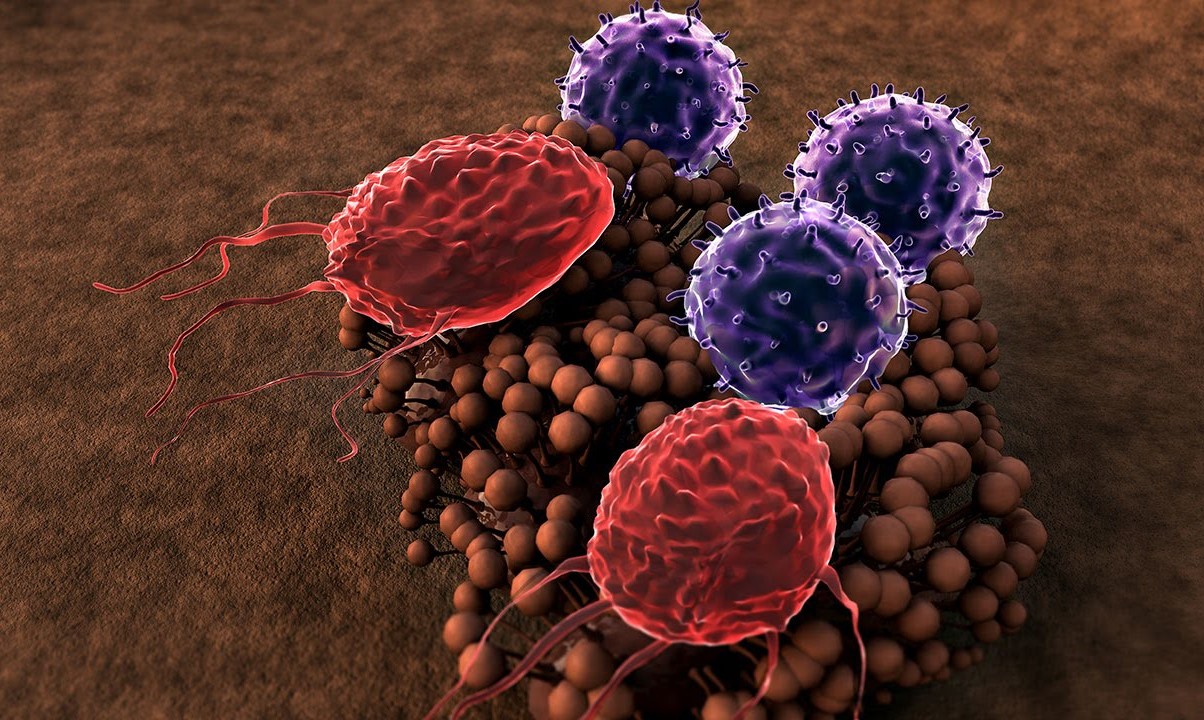
Cell-mediated immunity is a crucial part of our body's defense system. Unlike antibodies, which float around in the bloodstream, this type of immunity relies on cells to fight off invaders. T-cells play a starring role here, identifying and destroying infected cells. Ever wondered how your body tackles viruses hiding inside your cells? That's cell-mediated immunity at work. It’s like having a specialized SWAT team ready to take down threats that slip past other defenses. This system is essential for fighting off viruses, some bacteria, and even cancer cells. Ready to dive into 17 fascinating facts about this incredible defense mechanism? Let's get started!
What is Cell-Mediated Immunity?
Cell-mediated immunity (CMI) is a crucial part of the immune system. It involves the activation of certain immune cells to fight off infections and diseases. Unlike antibody-mediated immunity, CMI does not rely on antibodies but on the actions of cells.
-
T Cells Play a Central Role: T cells, especially cytotoxic T cells, are the main players in cell-mediated immunity. They directly attack and destroy infected or cancerous cells.
-
Helper T Cells Are Essential: Helper T cells assist other immune cells by releasing cytokines, which are signaling molecules that enhance the immune response.
-
Memory T Cells Provide Long-Term Protection: After an infection, some T cells become memory T cells. They "remember" the pathogen and can mount a faster response if the same pathogen invades again.
How Does Cell-Mediated Immunity Work?
Understanding the mechanisms behind CMI can help appreciate its importance in defending the body against various threats.
-
Antigen Presentation is Key: Dendritic cells and macrophages present antigens to T cells, initiating the immune response.
-
Cytokine Release: Once activated, T cells release cytokines that recruit and activate other immune cells to the site of infection.
-
Direct Cell Killing: Cytotoxic T cells can directly kill infected cells by inducing apoptosis, a process of programmed cell death.
Importance of Cell-Mediated Immunity
CMI is vital for combating certain types of infections and diseases that antibodies alone cannot handle.
-
Effective Against Intracellular Pathogens: CMI is particularly effective against viruses and some bacteria that live inside cells, where antibodies cannot reach.
-
Crucial for Cancer Surveillance: T cells can recognize and destroy cancerous cells, playing a role in preventing the development of tumors.
-
Role in Organ Transplant Rejection: CMI is responsible for the rejection of transplanted organs, as T cells recognize the foreign tissue as a threat.
Factors Influencing Cell-Mediated Immunity
Several factors can affect the efficiency and effectiveness of CMI.
-
Age: The immune system, including CMI, weakens with age, making older individuals more susceptible to infections.
-
Nutrition: Proper nutrition is essential for a robust immune response. Deficiencies in certain nutrients can impair CMI.
-
Stress: Chronic stress can suppress the immune system, reducing the effectiveness of CMI.
Clinical Applications of Cell-Mediated Immunity
CMI has several applications in medicine, from vaccines to immunotherapies.
-
Vaccines: Some vaccines, like the BCG vaccine for tuberculosis, rely on stimulating CMI to provide protection.
-
Immunotherapy for Cancer: Treatments like CAR-T cell therapy harness the power of T cells to target and destroy cancer cells.
-
Autoimmune Diseases: In autoimmune diseases, CMI can become overactive, attacking the body's own tissues. Treatments often aim to suppress this response.
Research and Future Directions
Ongoing research continues to uncover new aspects of CMI and its potential applications.
-
New Vaccines: Researchers are developing new vaccines that aim to enhance CMI for better protection against diseases like HIV and malaria.
-
Gene Editing: Techniques like CRISPR are being explored to modify T cells, potentially improving their ability to fight infections and cancer.
The Power of Cell-Mediated Immunity
Cell-mediated immunity is a vital part of our immune system. It involves T cells that target and destroy infected or cancerous cells. Unlike antibodies, which float around in body fluids, T cells get up close and personal with threats. They recognize infected cells by their unique markers and launch an attack. This process helps control infections, especially those caused by viruses and some bacteria.
Understanding cell-mediated immunity can lead to better treatments for diseases like cancer and autoimmune disorders. Scientists are exploring ways to harness T cells for therapies, making this area of research super exciting.
So, next time you think about your immune system, remember the unsung heroes: T cells. They work tirelessly to keep you healthy, proving that sometimes, the best defense is a good offense.
Was this page helpful?
Our commitment to delivering trustworthy and engaging content is at the heart of what we do. Each fact on our site is contributed by real users like you, bringing a wealth of diverse insights and information. To ensure the highest standards of accuracy and reliability, our dedicated editors meticulously review each submission. This process guarantees that the facts we share are not only fascinating but also credible. Trust in our commitment to quality and authenticity as you explore and learn with us.


